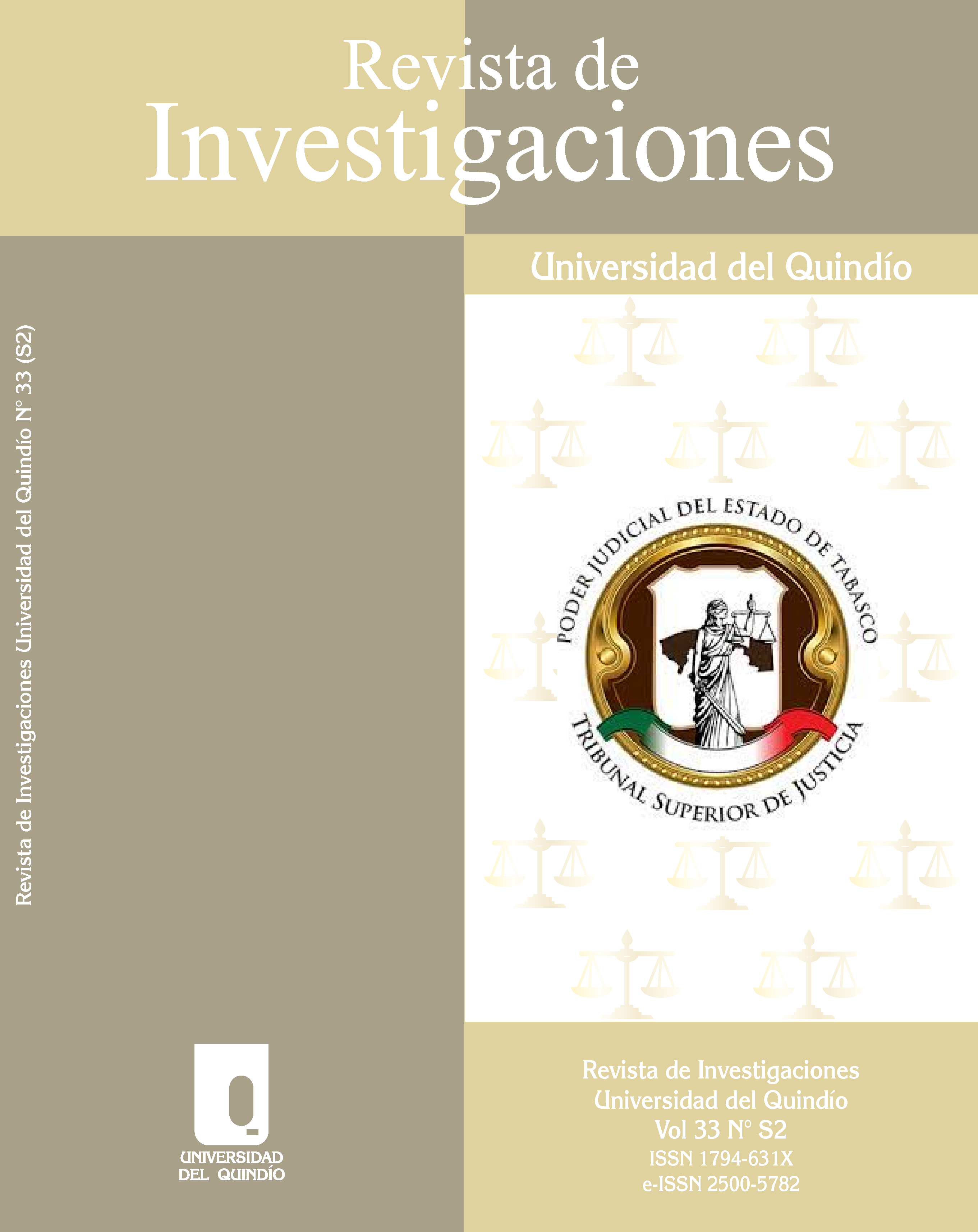Ética en el poder judicial del estado de Tabasco
DOI:
https://doi.org/10.33975/riuq.vol33nS2.628Palabras clave:
código de ética, principios, servidor judicialResumen
El presente artículo se basa en un análisis a los principios que la Constitución Política de los Estados Unidos Mexicanos (CPEUM) establece como directrices de la carrera judicial, dichos principios se consideran rectores del comportamiento ético de todo servidor judicial. Se aborda un estudio comparativo entre el Código de Ética del Poder Judicial de Tabasco (CET) con otras principales legislaciones positivas, de las herramientas con la que los funcionarios judiciales cuentan. Estrategias implementadas para lograr la consolidación de una verdadera renovación institucional, así como cuáles son las herramientas al alcance de cada servidor judicial con las que cuenta para desempeñar su labor. Cabe resaltar que dichos instrumentos normativos e institucionales han sido elaborados y están dirigidos a generar consciencia en todos los funcionarios judiciales de los niveles de la administración e impartición de justicia, no solo de quien ejerce la función de juzgador, sino también de aquel servidor que realiza la más mínima actividad al servicio del poder judicial, así como de la sociedad tabasqueña que reclama mayor credibilidad y certeza en sus actuaciones.
Descargas
Descargas
Publicado
Cómo citar
Número
Sección
Licencia
Derechos de autor 2022 Revista de Investigaciones Universidad del Quindío

Esta obra está bajo una licencia internacional Creative Commons Atribución-NoComercial-SinDerivadas 4.0.


